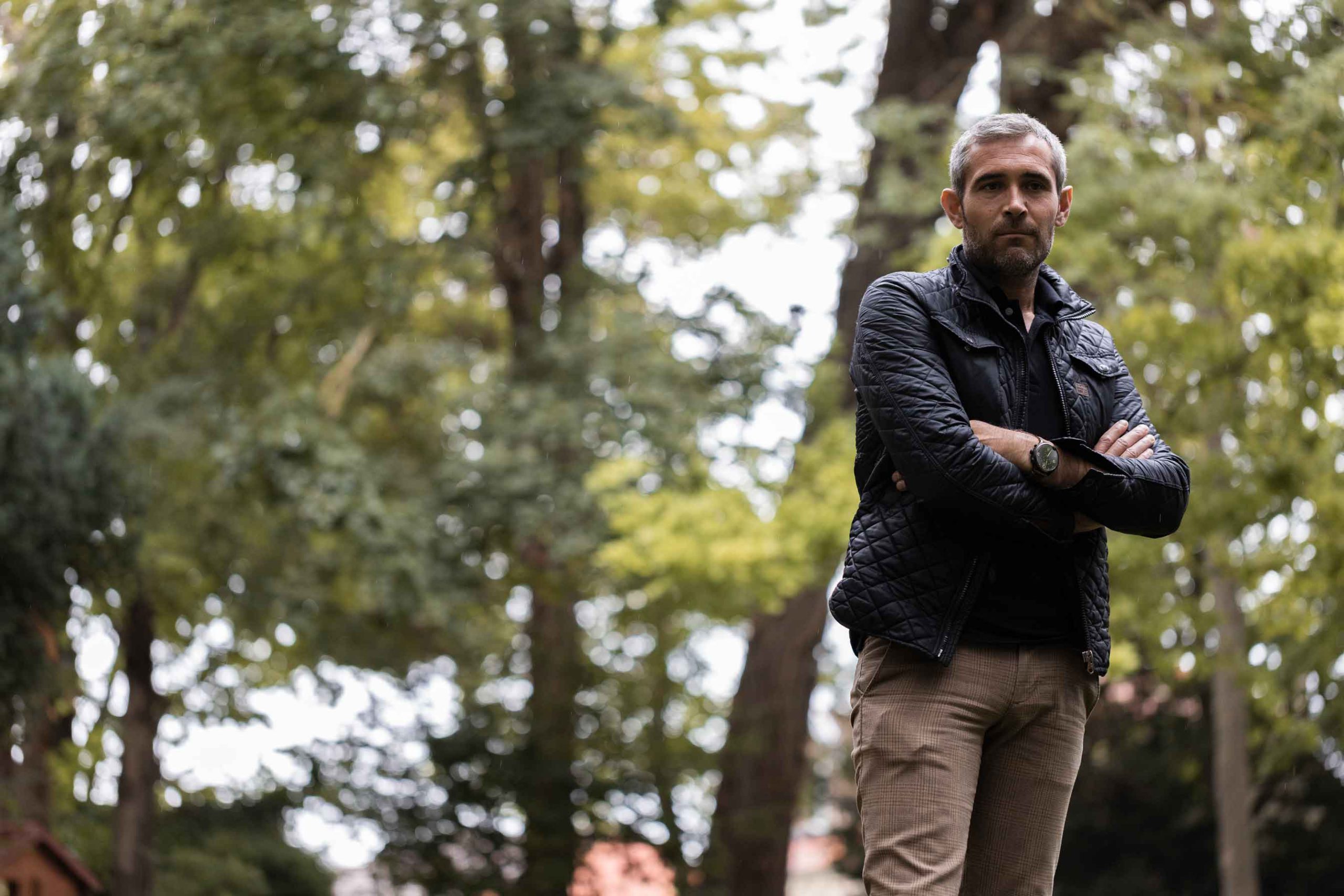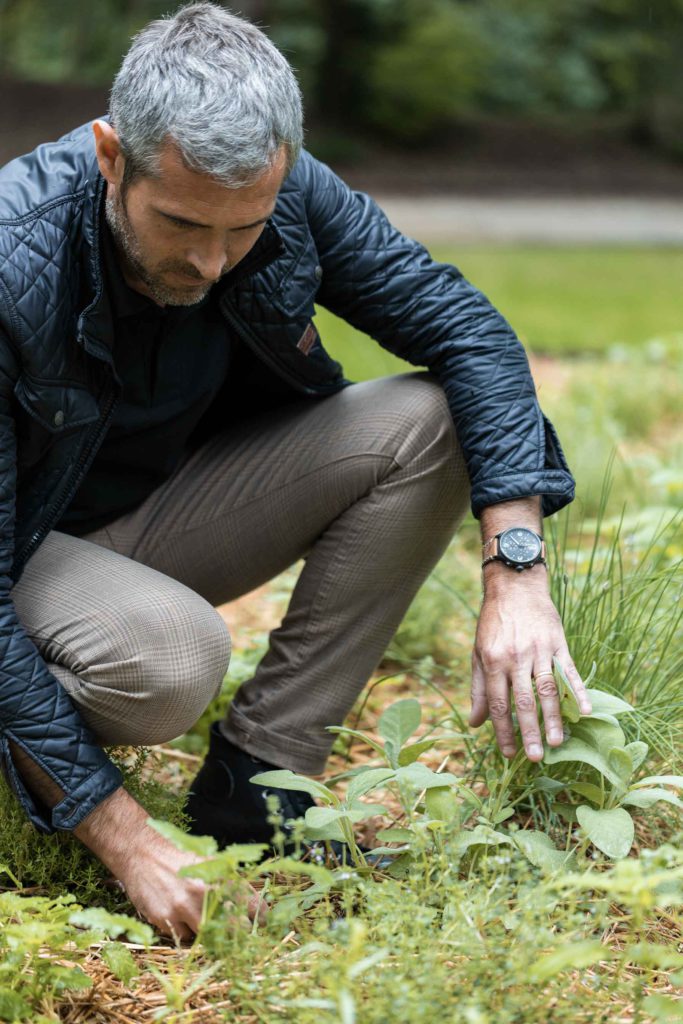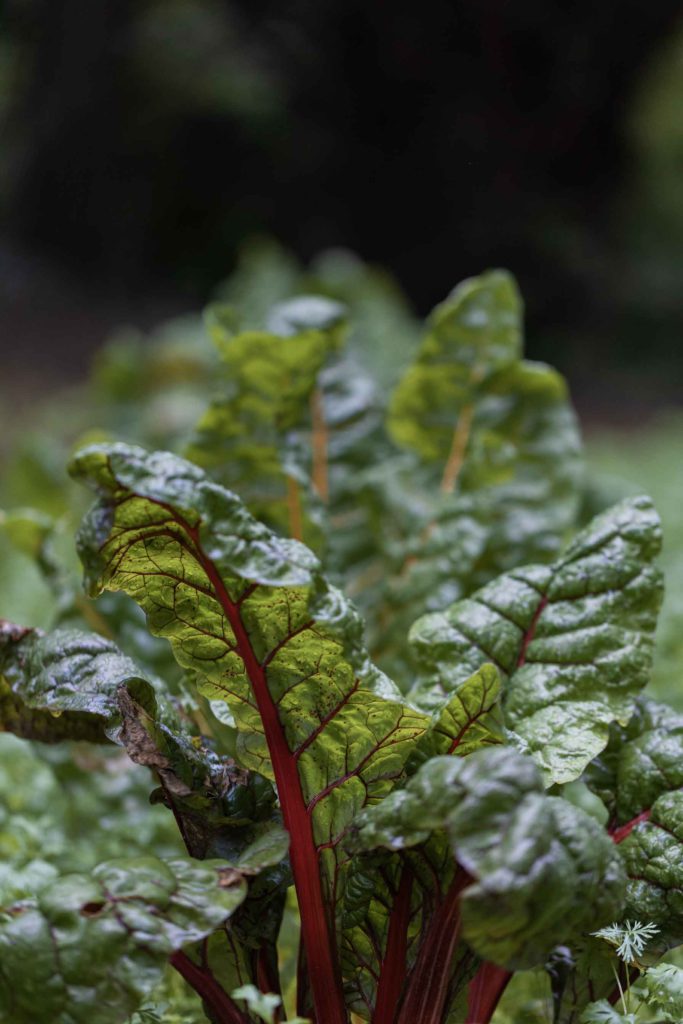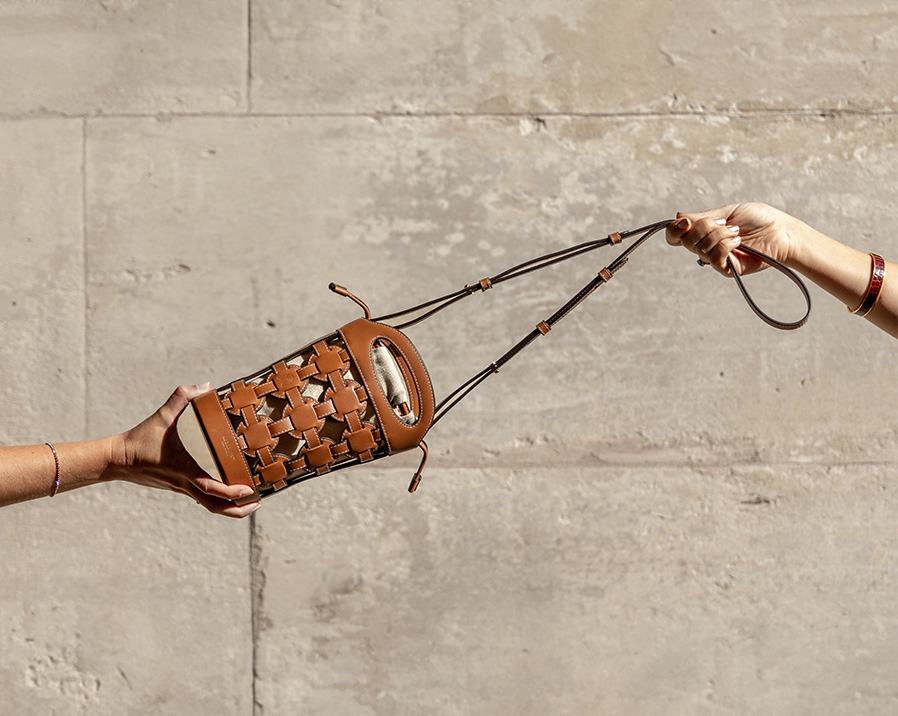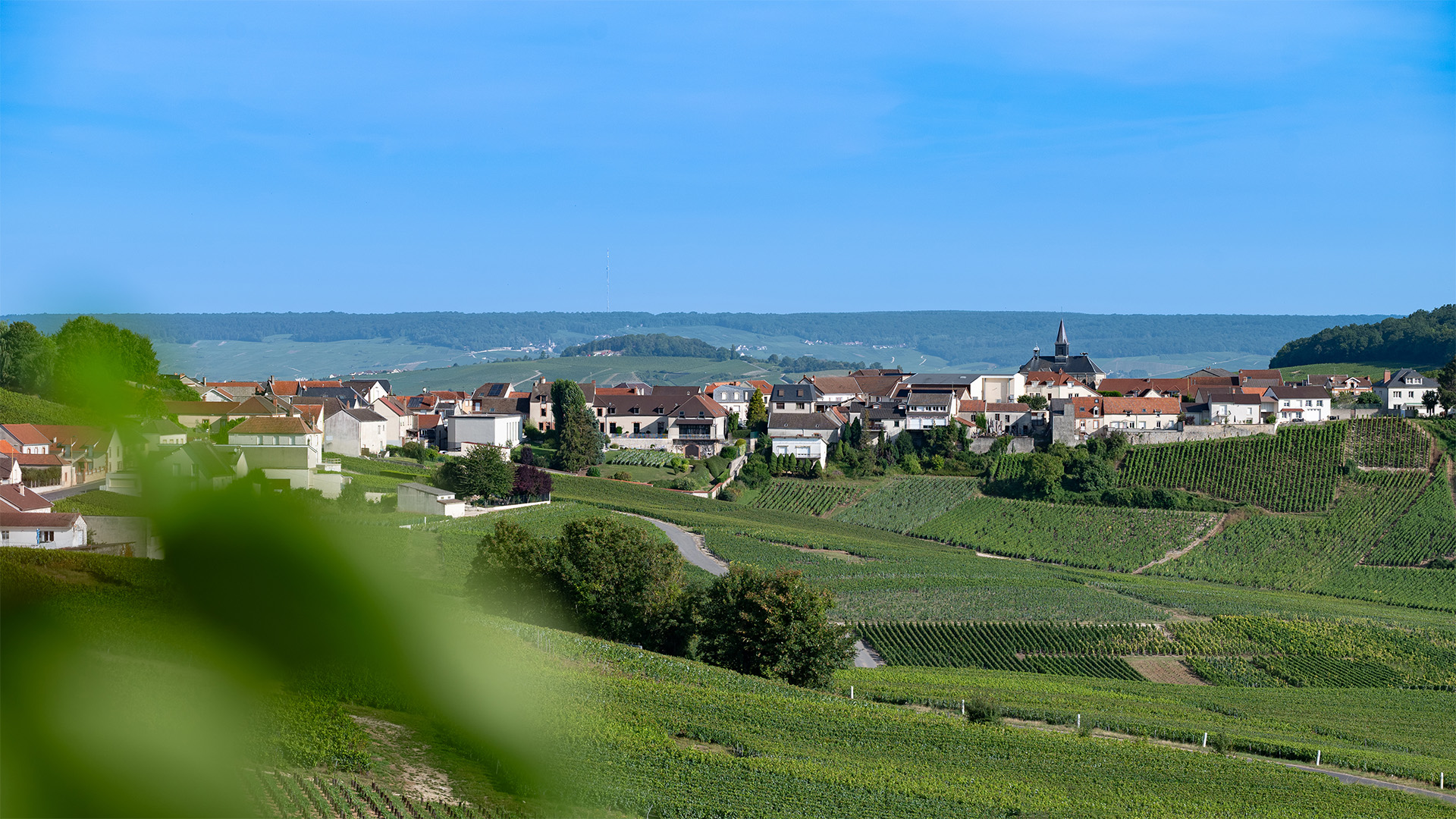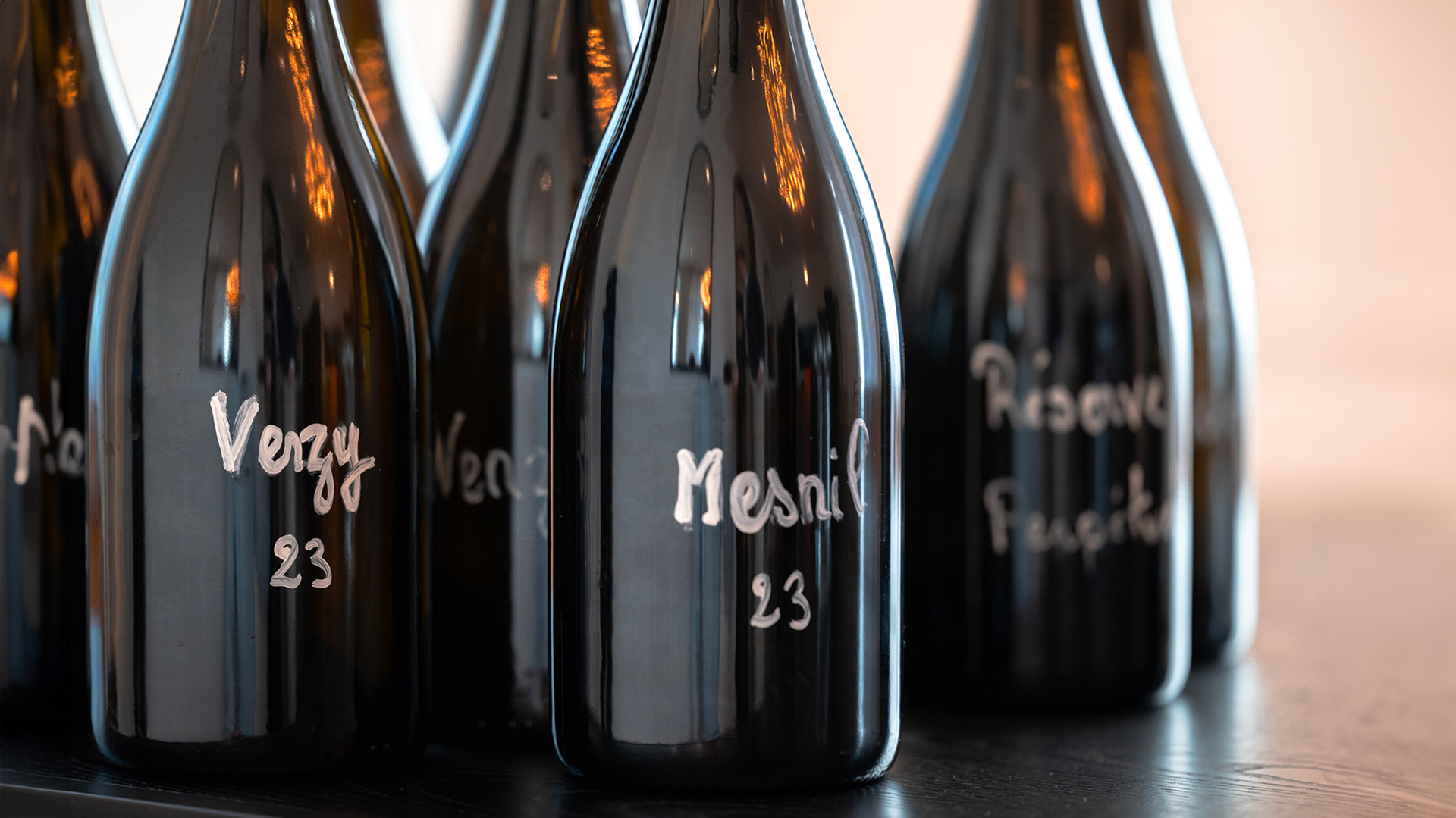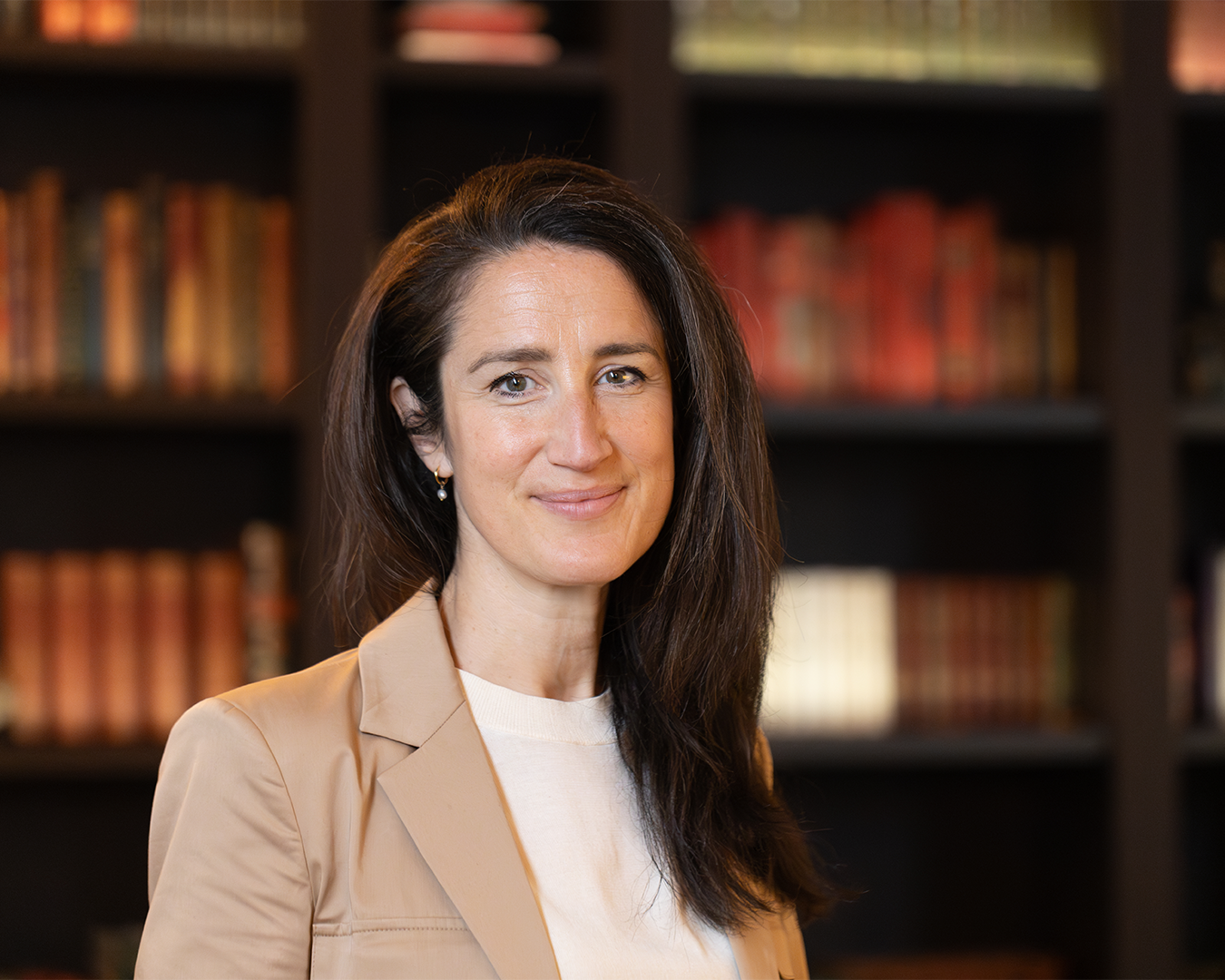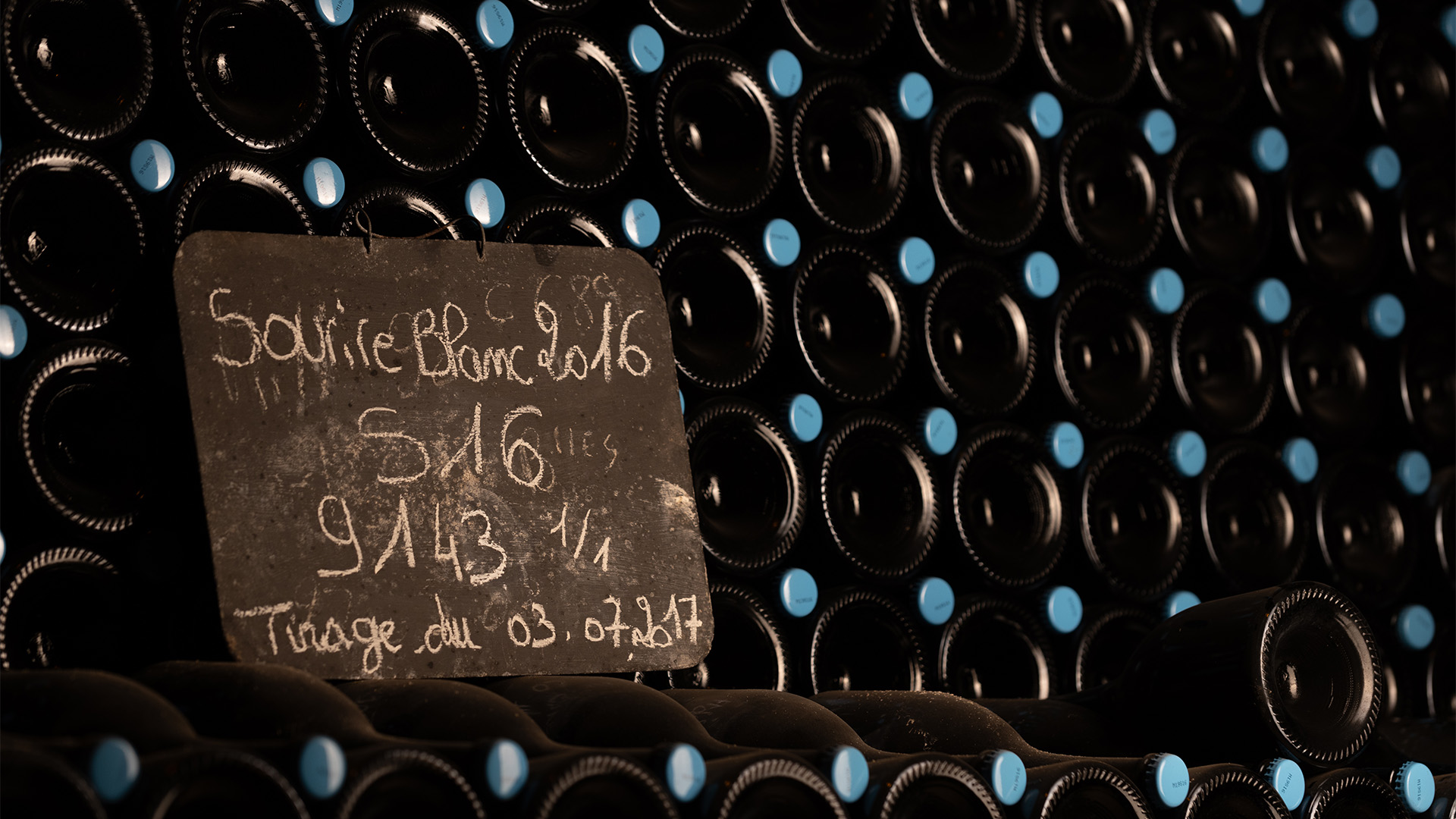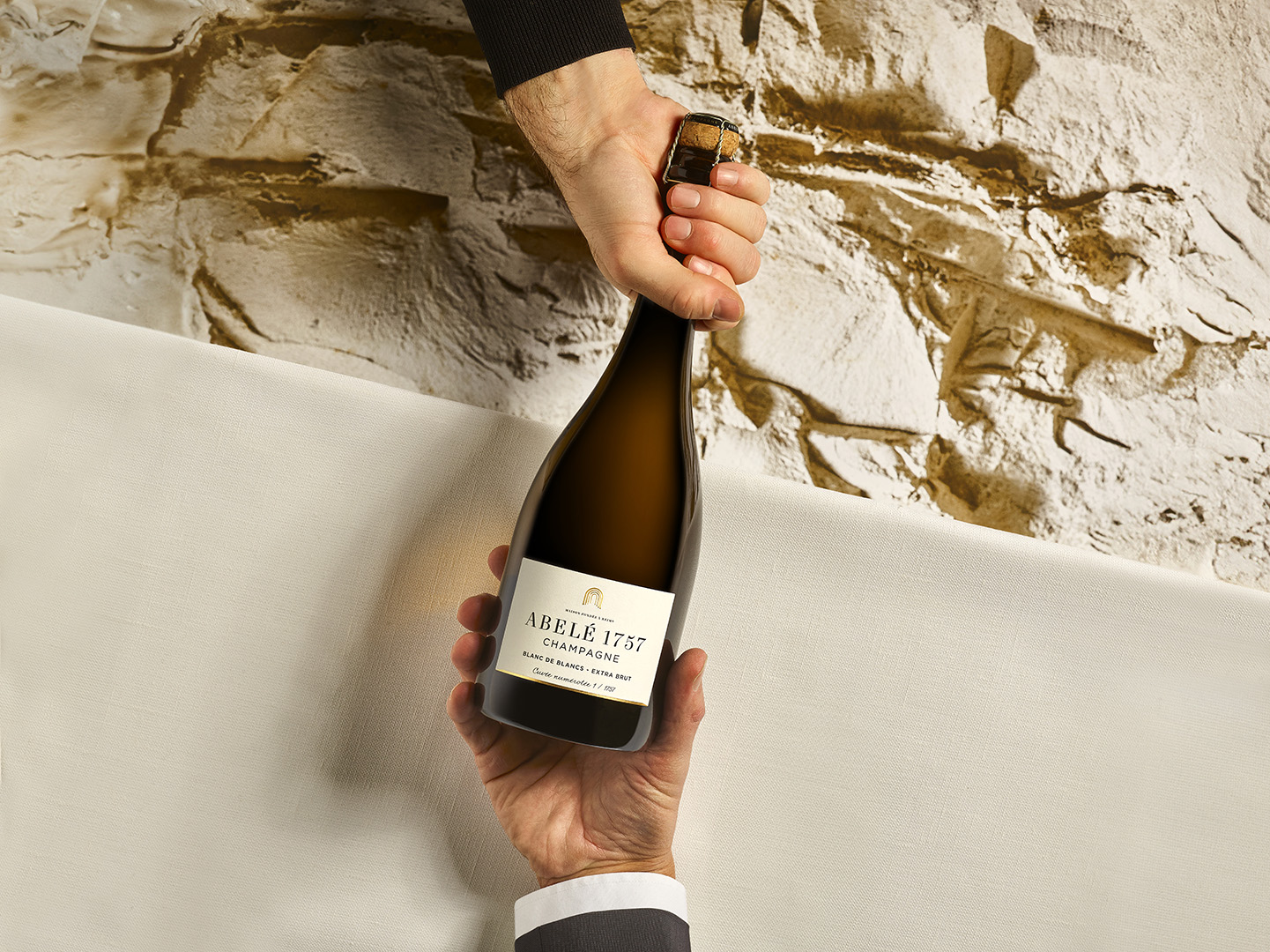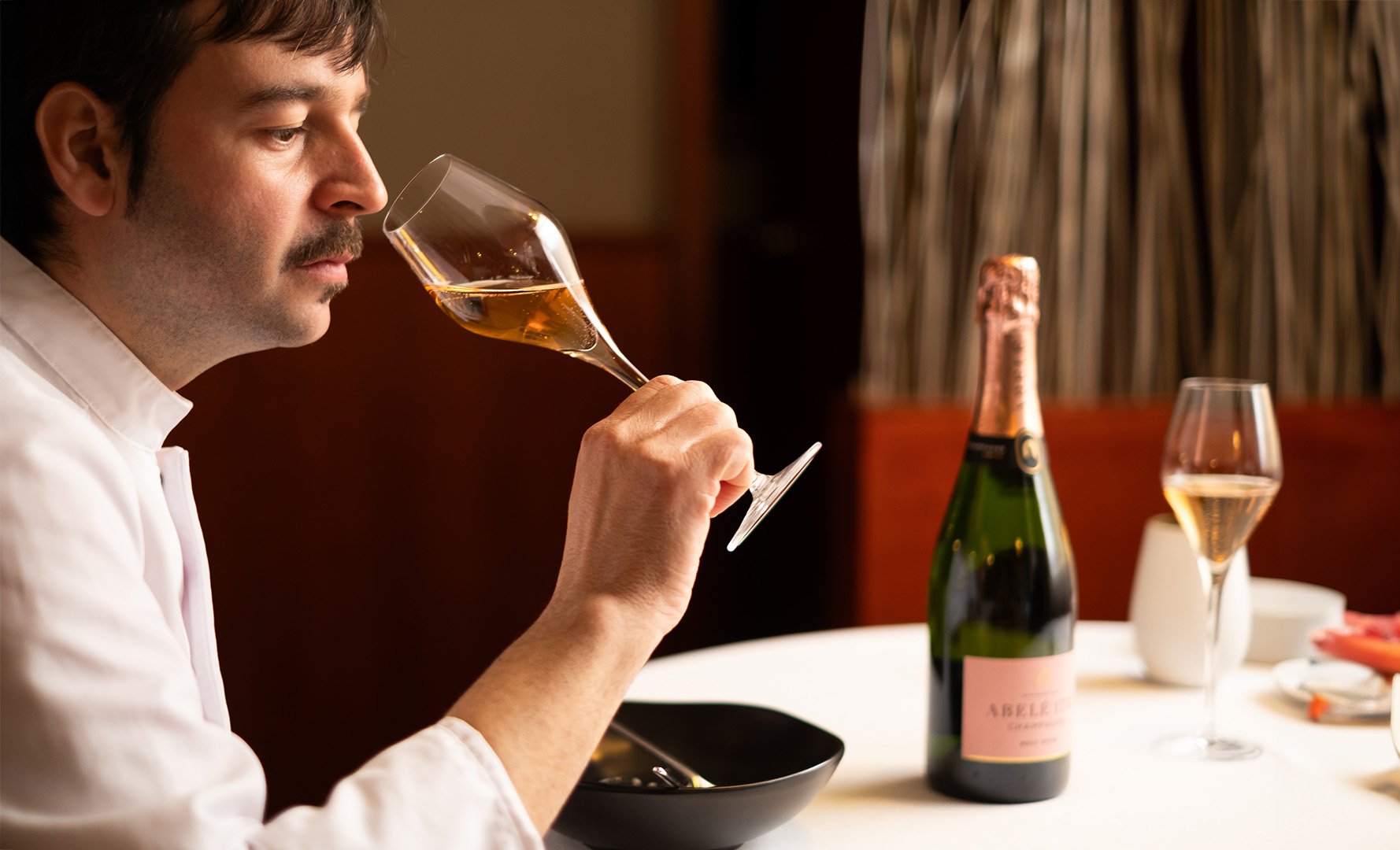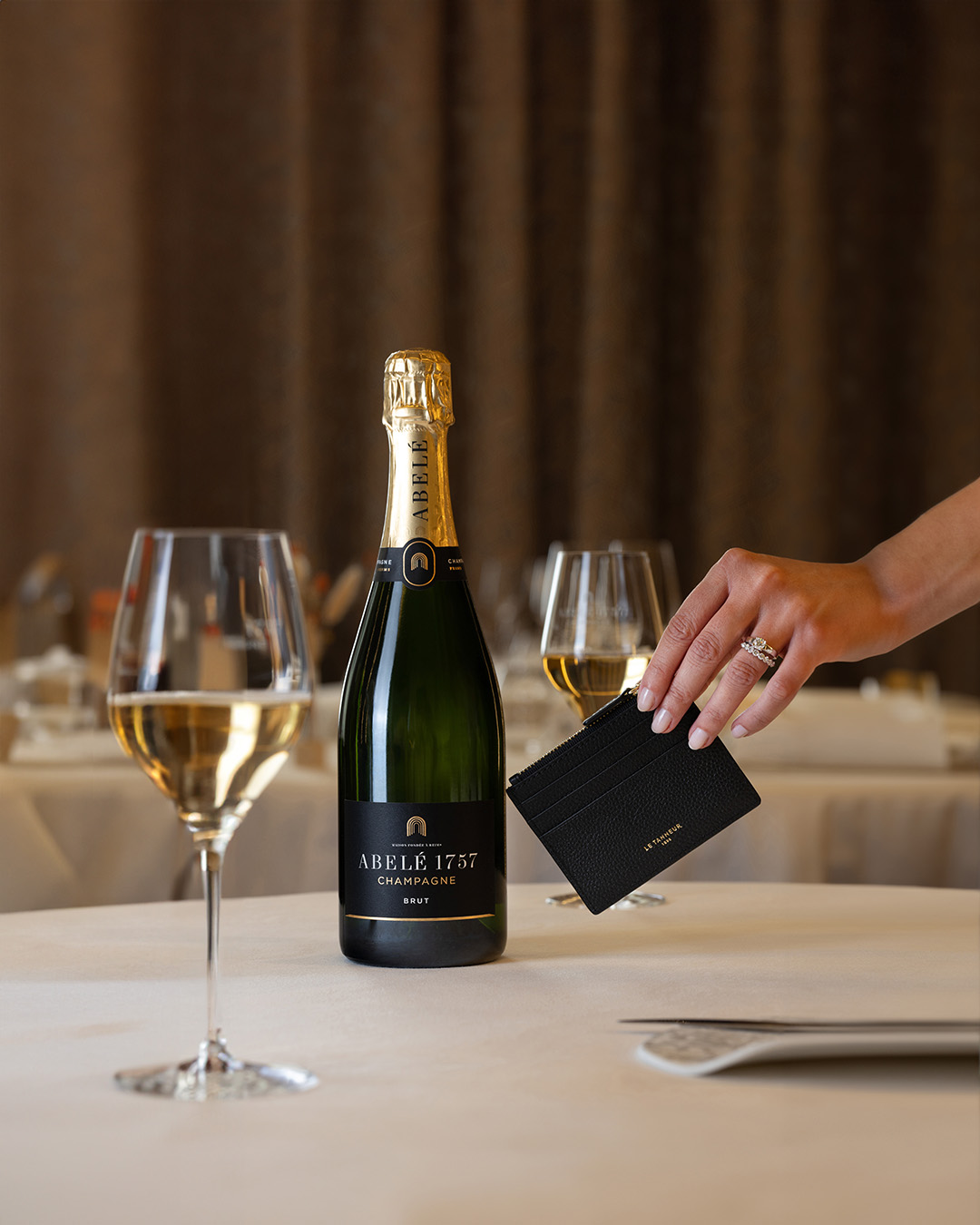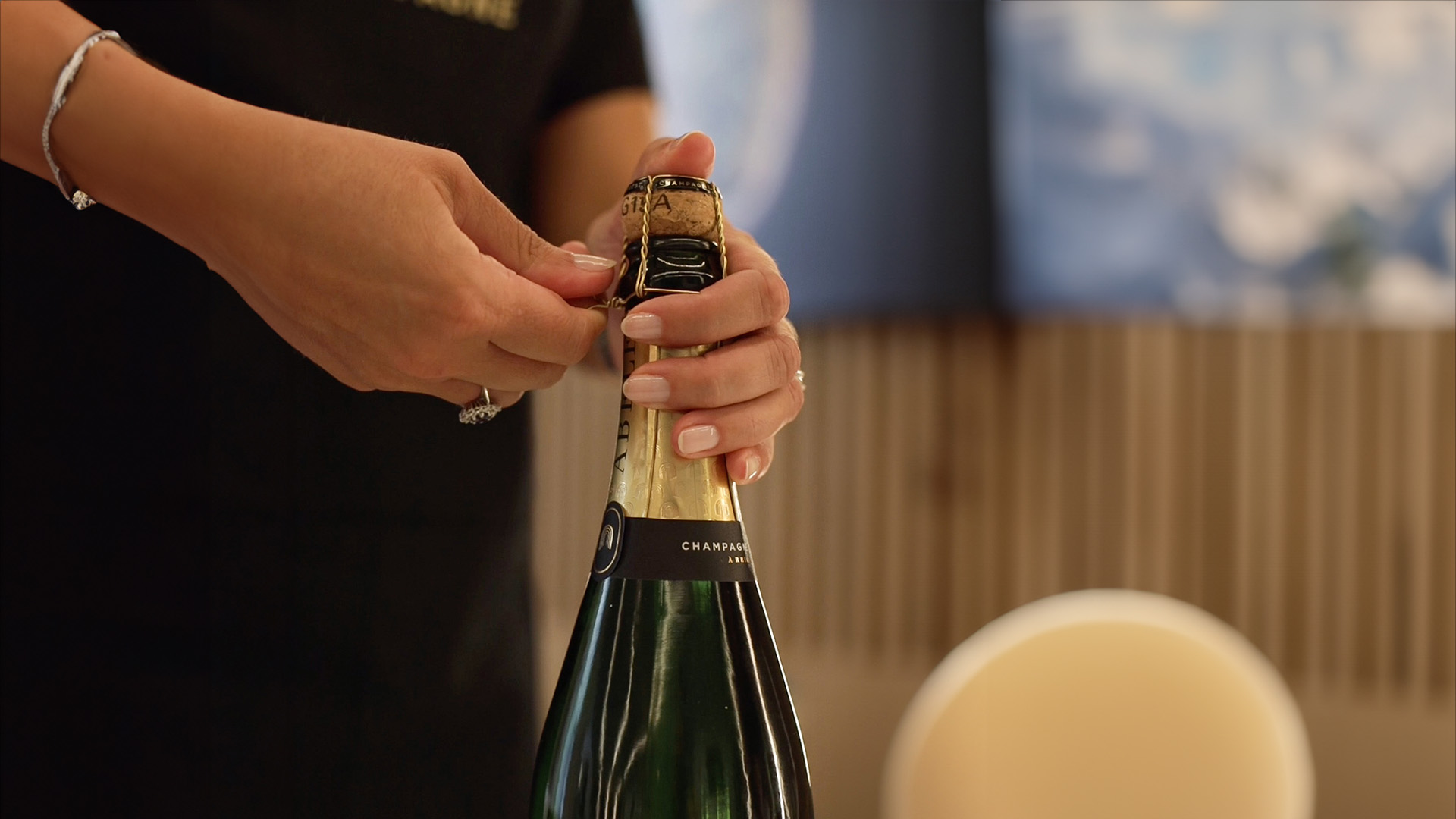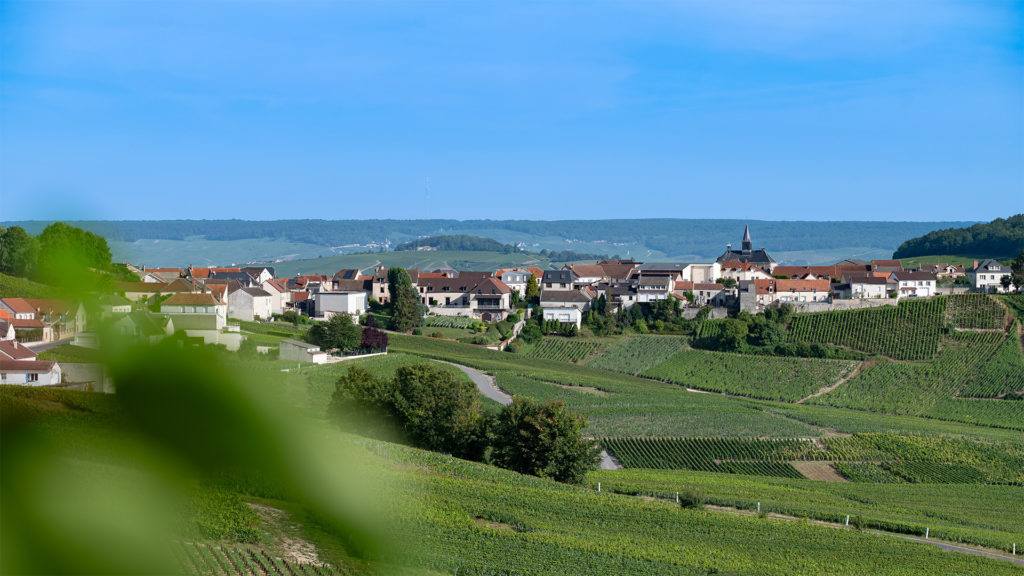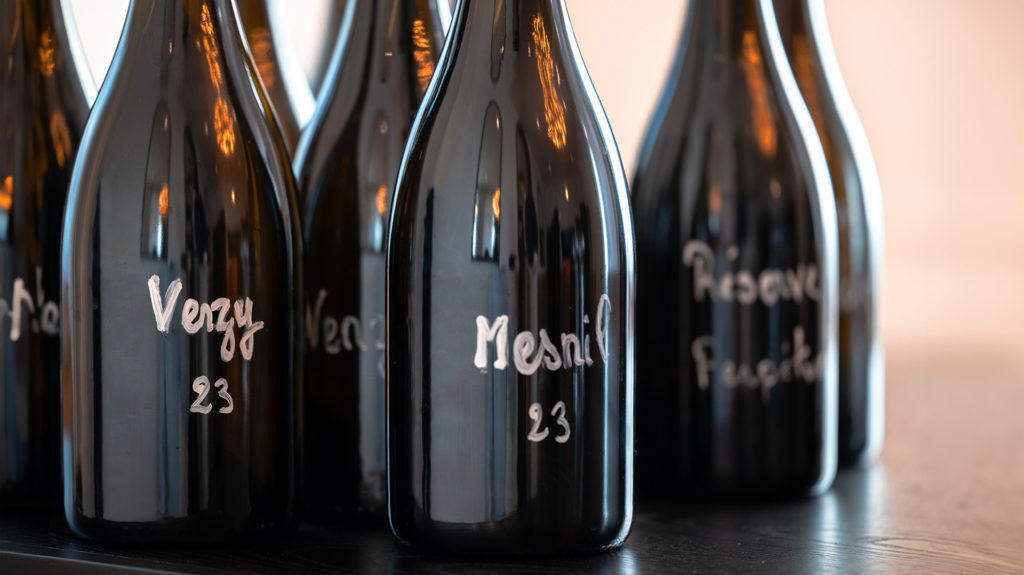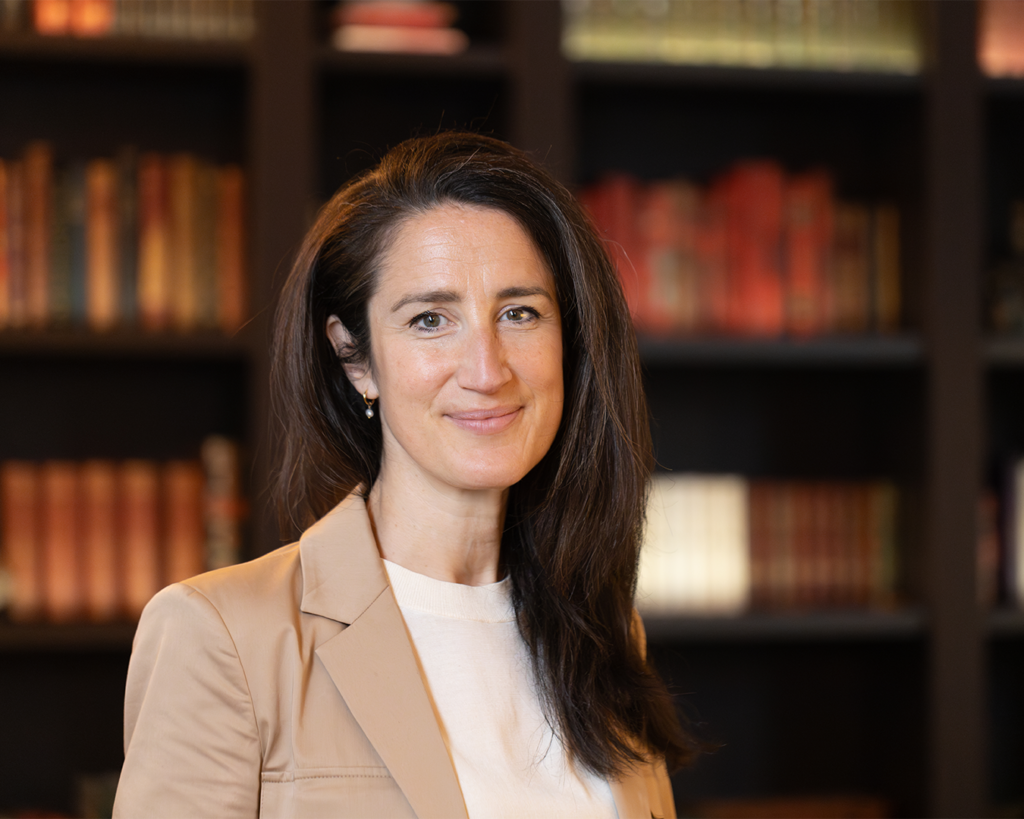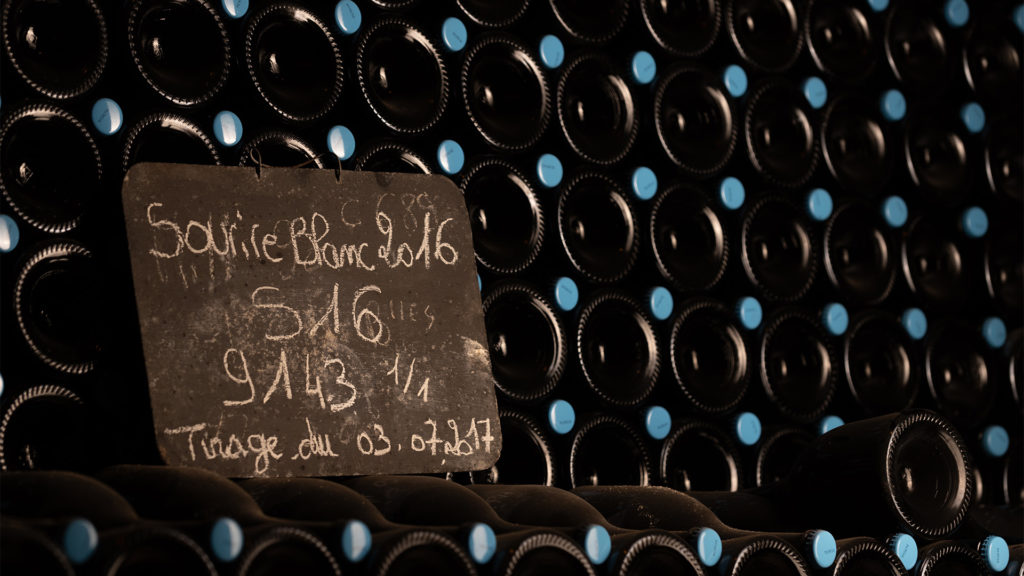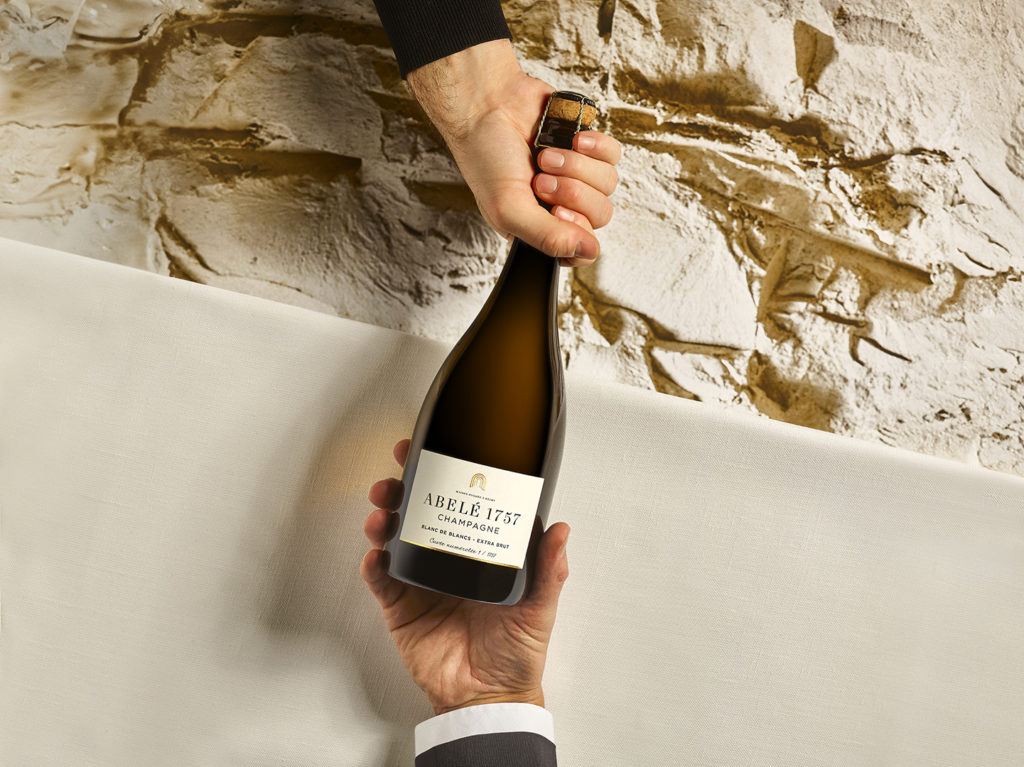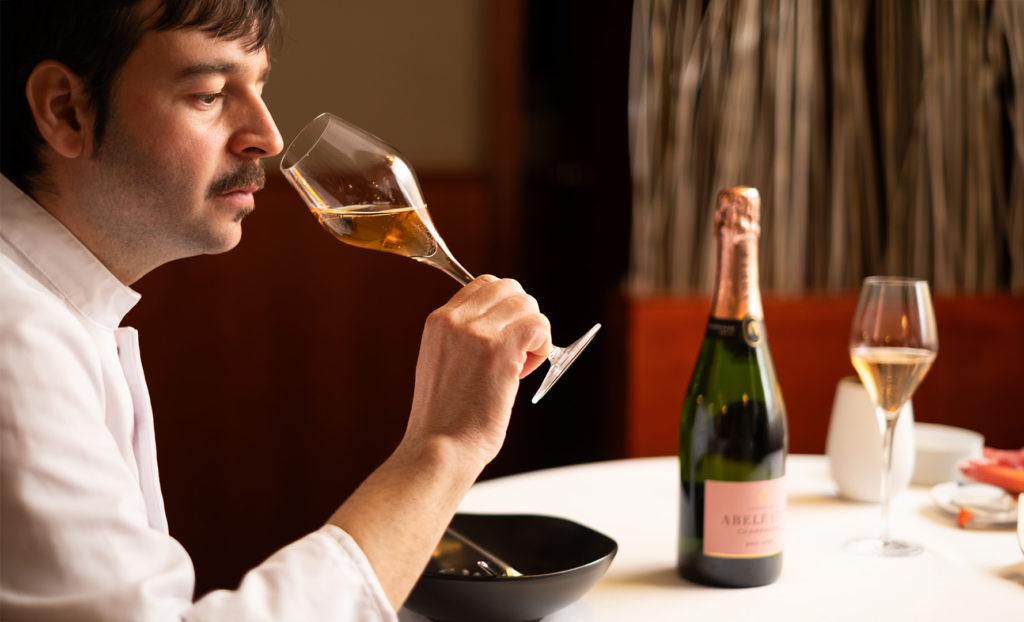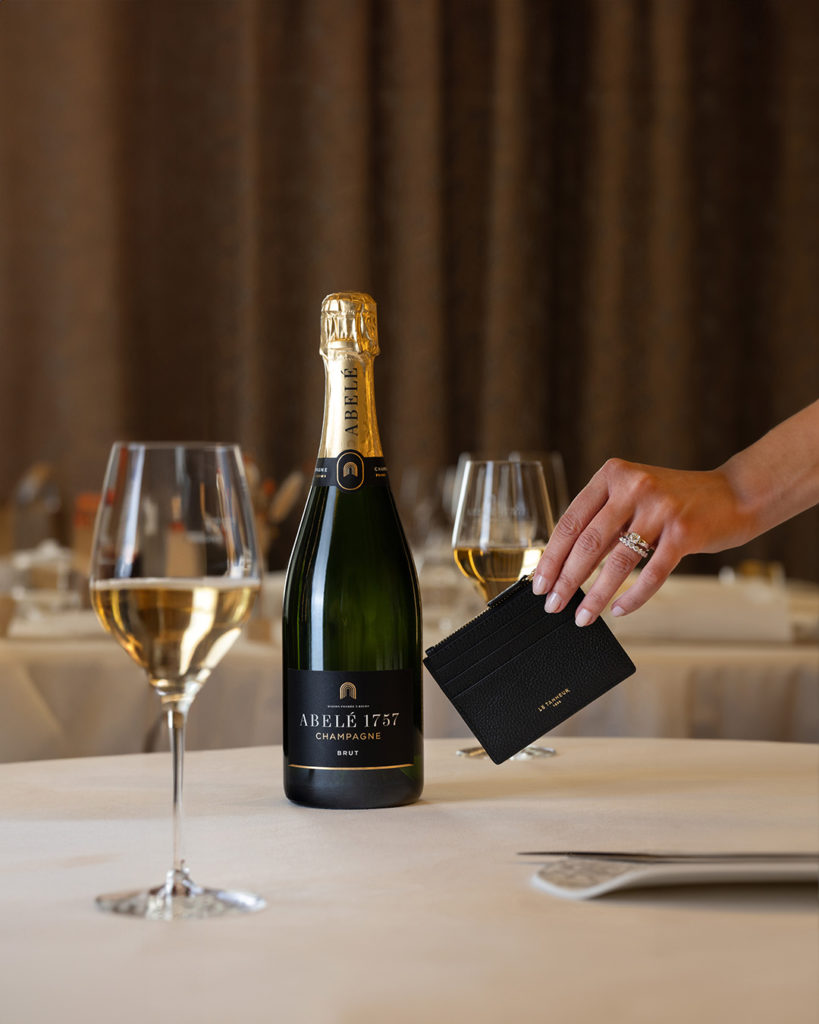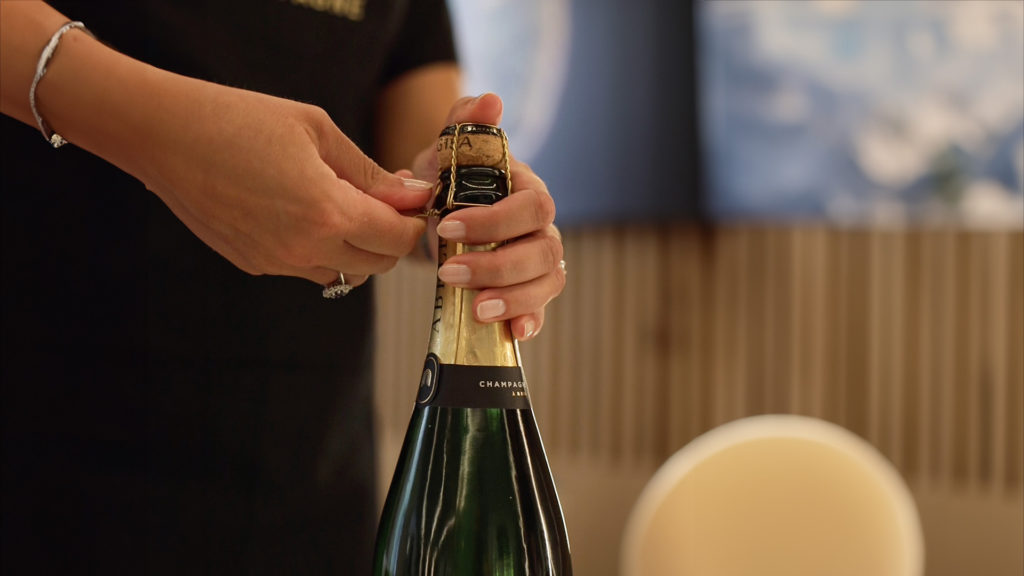Benoit Deloffre is one of the most high-profile farmers of his time. In just fifteen years, this passionate market gardener has become the gold standard for Michelin-starred chefs in France and worldwide. A global acclaim he shares with his wife and 400 varieties of rare, long-lost vegetables that he cultivates on his farm in Romain, near Reims in Champagne. For Abelé 1757, Benoit Deloffre agreed to meet us in the vegetable garden of his friend, Arnaud Lallement, chef at 3-star Michelin restaurant l’Assiette Champenoise.
Jobs working on the land have a reputation for being tough. How did you come to work on the family farm and become a market gardener?
If I had had to make a reasoned choice without seeing into the future, I would certainly not have chosen this route. But I didn’t really have a choice. After my studies in business, I could have chosen many other paths, but I had spent my entire childhood in this environment. The bond is really strong. My family has been farming the same soils for three generations. Land on which my great-grandparents and grandparents have given their blood, sweat and tears. At just 12 years old I was already driving the tractor and ploughing the soils. Somehow, I was trained on the job, without ever going to agricultural college. My childhood was punctuated with times like this.
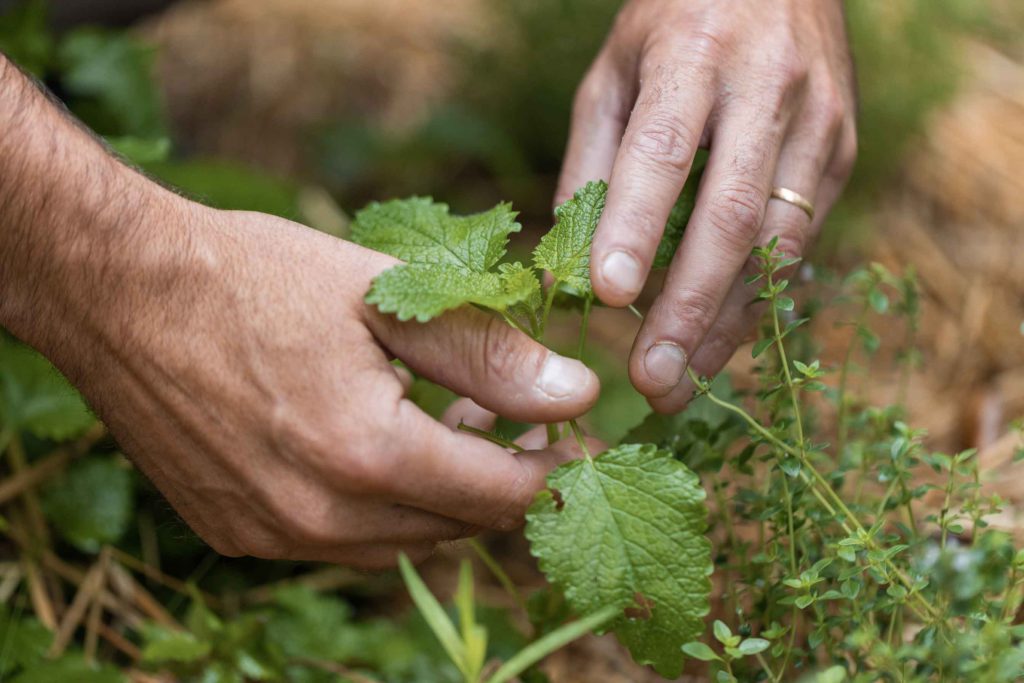
In the early 2000s, my parents started to do the local markets twice a week in Reims (NDLR : Boulingrin et Avenue Jean Jaurès). All through my childhood I would go too, spending time in close contact with people, and in the holidays helping my father on the farm. In the end, I came back for a simple reason – I missed it. I missed the farm and my family. It was almost ten years until my father was due to retire, which left ample time for a thorough handover from one generation to the next. And that is exactly what happened. Over time, I gradually took on parts of the farm and slowly introduced my own way of doing things.
In my second year on the farm, we started to work with prestigious restaurants, despite my father’s reticence. Since I was really young, he would always say that clients were complicated, that they struggled to pay invoices, and that it would make my life a lot more complicated. In spite of it all, we went ahead with our plan. For five years, I resisted taking on too many clients. We wanted to establish solid foundations and great quality produce to be able to have a serious go of it. And once this was in place, we opened the door to other chefs, still working in the premium segment.
Fifteen years on and you have forged a reputation as ‘market gardener to Michelin-starred establishments’. How do you explain this recognition among chefs?
The real turning point came when we started working with Arnaud Lallement. (NDLR : Chef étoilé de l’Assiette Champenoise***). Once your produce is on the menu of a 3-star Michelin restaurant, everything changes, and it doesn’t take long for the phone to start ringing.
When we first started working with l’Assiette Champenoise, there were only twenty-six 3-star Michelin chefs in France. Now, there must be around thirty. It’s a very close-knit community where everyone knows each other. There’s also a strong customer base that migrates from one 3-star restaurant to the next, and enjoys ticking off each one as they go.
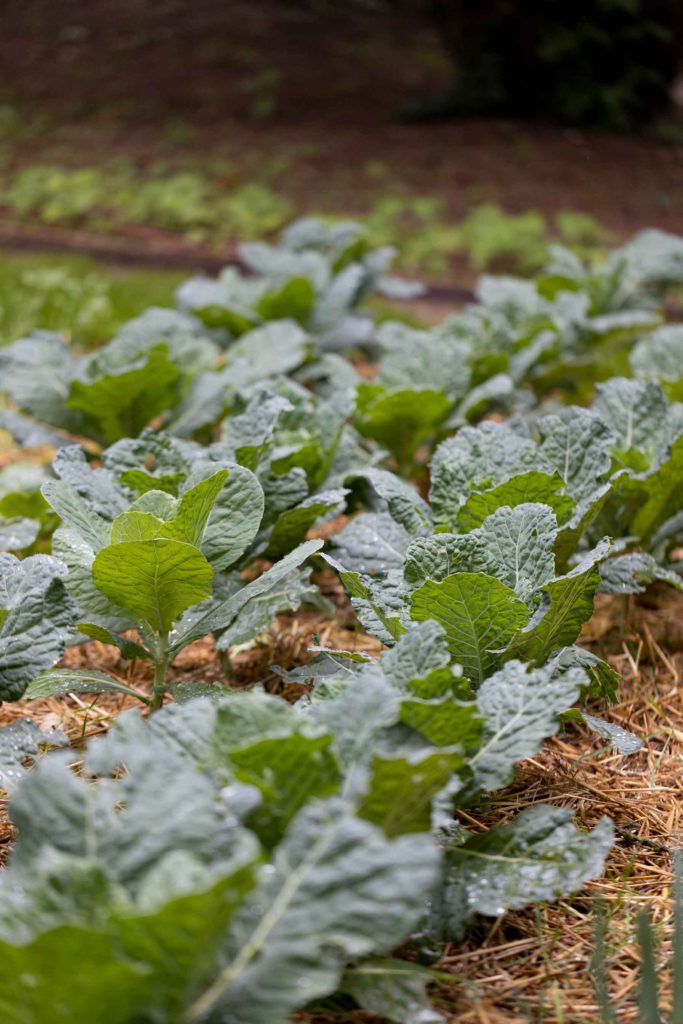
Finally, we have always placed a great deal of emphasis on doing business differently. Personally, I don’t see myself as a supplier. I work on an equal footing with top chefs such as Arnaud Lallement or Emmanuel Renaut. It’s about people and relationships. We wouldn’t be able to work like crazy if we didn’t have passion, or even friendships for some. It makes everything much more enjoyable and straightforward.
Over the past fifteen years, we haven’t once had to go out and look for business. It has just happened. We have even travelled to Asia and Switzerland to share our expertise. We have launched farms in countries where the people, soils and weather – basically everything – is worlds apart. You just need an open mind and be prepared to step off the beaten track.
What for you are the main principles and values that guide your work as a market gardener?
Passion. It goes without saying. You have to be super passionate about what you do as it requires enormous amounts of energy and a lot of organisation. It involves life choices that affect everybody. When work takes us to the Mandarin Oriental de Bangkok, 2-star Michelin restaurant headed up by French chef Arnaud Dunand-Sauthier, it’s a family affair.
Initially, Arnaud wanted the fresh produce to be shipped from France and then prepared in Bangkok. I started to realise this was a problem. We took time to meet and discuss his needs, which is when he explained how it all worked. In reality, 85% of his produce is imported. None of the foods are produced locally as there just isn’t the know-how. It’s a totally different way of farming that has to be taught from scratch. We came up with the idea of forming a small group to focus our expertise on a farm located just 40km outside Bangkok. It was such an interesting challenge, a real joint adventure, with all the ups and downs that come with it.
At the other end of the scale, we launched another project in Cambodia. When we arrived, we hired a number of staff who were in total chaos. To such an extent that only one of the team knew how to write. Yet starting from a blank piece of paper, we achieved remarkable results. The staff were so enthusiastic and understood everything, without any formal education.
In Thailand, our mistake was to assume that the management style would be the same. However, a trained 25-year-old in Thailand would never have any authority over a 50-year-old worker. The advantage of age would give the more senior worker the upper hand as chef. As a result, it was hugely time-consuming to set up, given this type of ongoing problem.
These are just cultural challenges you need to understand. But it’s also about people and doing your bit for the planet. If we had agreed to the initial brief, it would have taken a 12-hour flight for our vegetables to get there. To sum up, passion is a must. Sunshine after the rain. You just have to accept the good with the bad, like a vinegrower. Accept that given the frost and hail, you need to be relatively brave.
What do you enjoy most about your profession?
That’s a tricky one. Every day we learn something new. We have now reached a stage where we are running field trials to try to grow vegetables from all over the world, find new species and varieties, all relatively stress-free as we know our business is on the right track.
We have the luxury of experimenting a little, since we don’t have the same pressure to deliver results. It’s fascinating, as we really don’t know where this could lead. We work with species that grow in Asia or South America, and try to grow them here. It takes time, but it’s a great feeling when it all works out.
What I also find really fascinating is working hand in hand with different chefs. Some of them ask while we are chatting: “I would like to make such and such a dish, but with that vegetable; sometimes it’s a bit too this, or a bit too that.”
Sometimes our work involves growing vegetables with less acidity, or in a particular colour or size. We run trials, spend time in the kitchen; we taste the food so as to understand the end result and to be able to say: “You’re absolutely right, there’s something not quite right that we can modify or find something else.” It’s at times like this that we realise our work is extremely important. It motivates and inspires us to go that extra distance to find a solution.
What is your philosophy on ‘time’?
You have to believe in fate. A few days ago, some friends of mine, vinegrowers, told me about a total disaster in their vineyards. “Mildew is everywhere, and there’s absolutely nothing we can do. We’ll pick what we can, meticulously sort the grapes, and we’ll still make quality wine, just in reduced quantity.”
I sometimes face the same scenario and I call Arnaud to tell him that some of the vegetables are ruined and there’s nothing we can do. There’s no point putting yourself under too much stress. We have more than enough pressure working with top-class restaurants. To be able to do the job effectively, you have to keep things in perspective and not take it all too seriously.
After a while, you realise it has always been like this. In the end, you just let it wash over. Come rain or shine, you just get on with it.
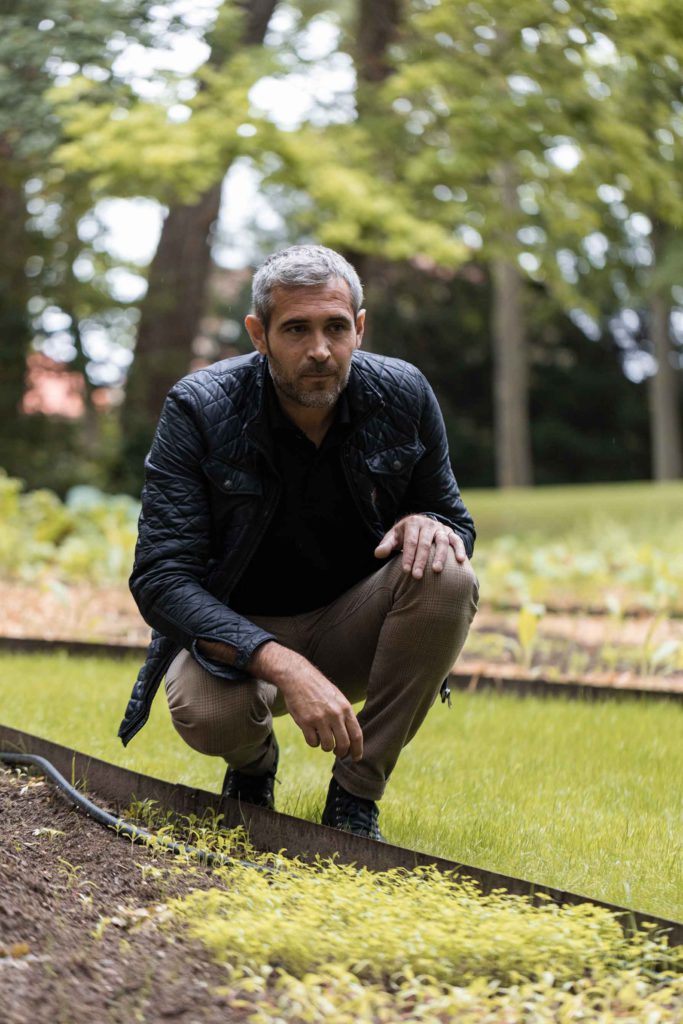
Are you the driving force behind the vegetables or do the vegetables guide you?
It’s 50/50. We have a number of objectives when we sow a seed. In gastronomy, a chef may request an onion that is 4cm in diameter. For the same dish to be on the menu all week, you need to be able to produce 300 onions every week. You need to monitor their growth on a daily basis and know exactly when to stop. . It never stops and involves taking risks.
We also use a number of techniques to produce ‘mini’ vegetables. This is also a recurring theme with our produce: managing to get whole products on the plate to educate consumers.
Every year you search for rare or long-lost seeds. Why this desire at all costs to seek out these sometimes long-forgotten or unsuitable vegetables, and make them fashionable once again?
For two reasons. Firstly, it’s the time it takes to produce ourselves. It would be much too long, which is why we have a ‘seed market’. Take the very simple example of producing good quality tomatoes. Nowadays, you can find tomatoes that can withstand the transport and spend four days in a lorry. Once they arrive at their destination, they still look great. The priority for a seed merchant focuses primarily on production and transport.
We are completely the opposite in our approach. Our priority is flavour and texture. But to have both, the compromise will be that the vegetable is fragile. To have quality produce, my wife and I undertake endless research with seed specialists to find non-hybrid or heirloom seeds; which are completely pure and original species. If you take the most basic tomato variety and a hybrid tomato, the taste will be 100x better.
Secondly, it’s about inciting emotion. The best compliment you can wish for from a chef or private client is“It reminds me of my grandmother’s garden” A time when we still did things with reason and rationality. Our priority is to conjure up the tastes of bygone days. And chefs are very open-minded about this approach.
What do Michelin-starred chefs expect from your vegetables?
What we have offered for a good ten years now, consistency of supply. At our level, we cannot have a vegetable that varies too much in flavour from one week to the next.
And then there’s the whole sharing aspect. Emotion has a huge role to play. On this note, we have a good mix. We clearly communicate our mutual needs and expectations. Sometimes it’s a particular size or colour, sometimes both or even something completely new. It’s a bit like a couple, where you need to live your life without getting in a rut. That would be the end in our profession.
And from the other angle, what do you expect from chefs in relation to your vegetables?
When they ask for a particular product, I need to know what they want to do with it and I don’t always like it. If we manage to produce mini-turnips, which is no mean feat, it’s not to see them put through a cream charger. You need to have some sense.
As a market gardener, we don’t necessarily understand all the different techniques or required steps in cooking. You would need to be with the chefs around the clock. But we do everything in our power to find the best fit.
In the end, we always get on well. It’s all done in an adult way, without any conflict. If we can provide enough information in the kitchen to explain the way we produce such and such a vegetable, and the challenges involved, the chefs always respect the product. It’s always about finding solutions.
How are your vegetables part of the gastronomic experience?
We are fortunate to work predominantly with accomplished chefs in 3-star Michelin establishments. Their concept is simple: one dish, one vegetable in the spotlight. The chef’s objective is to capture the original taste of a product. Not to swamp it in wine sauce; that wouldn’t make any sense.
You have to focus on championing the product. Aesthetics are also really important. We tend to avoid having a plate with too many different vegetables. The diners end up completely lost in what they have eaten. Having said that, if you choose celery, you have to go the full distance. The vegetable must be prepared in such a way to marry with the overall dish. When we eat beautifully prepared mini-celery, you experience the vegetable’s true flavour. This is also why we work with Michelin-starred chefs. To reacquaint with these intense flavours.
Texte – Geoffrey Chateau | Photo – Julien Gérard-Maizières
